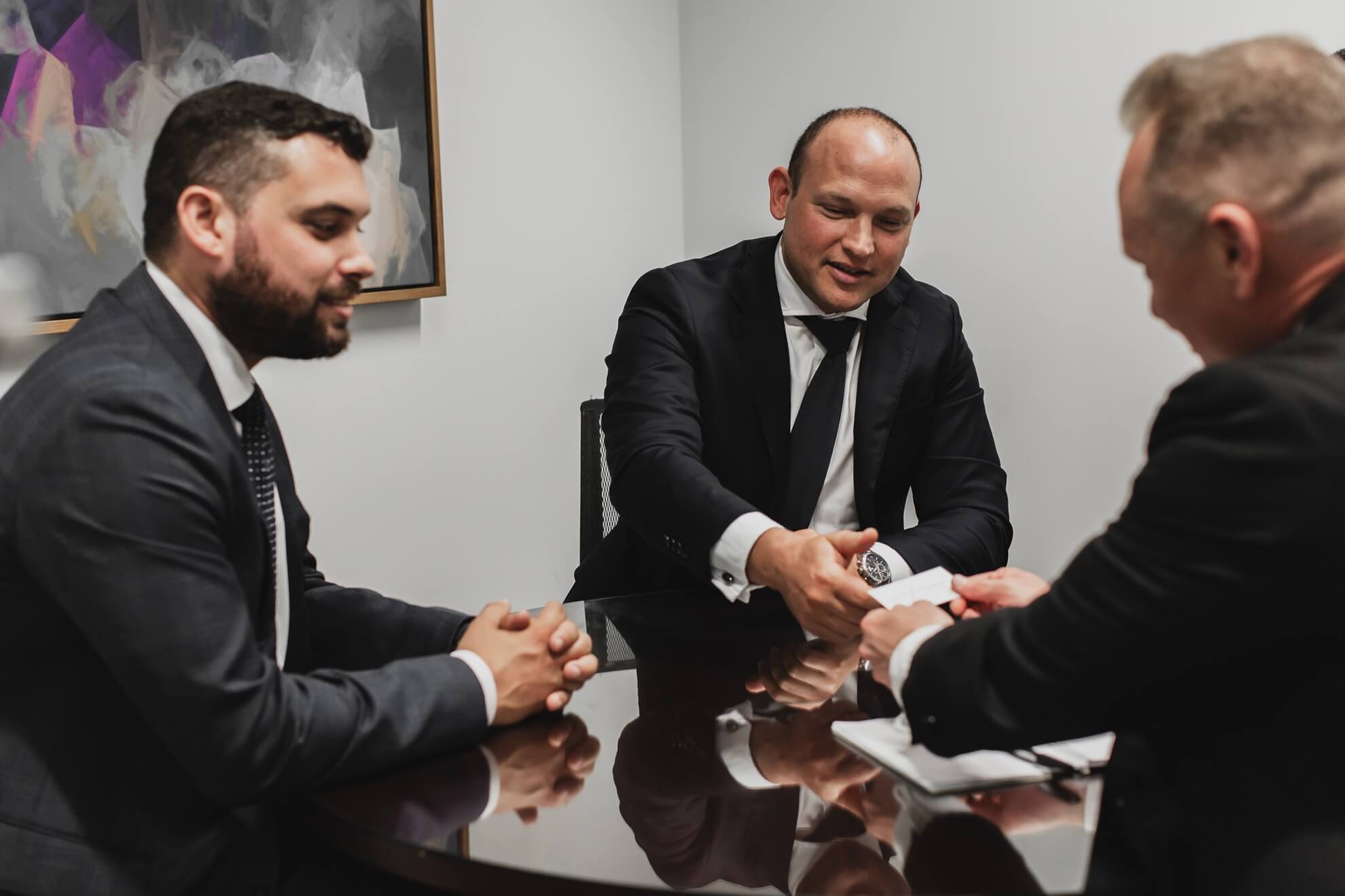As the commercial and corporate landscape grows increasingly complex, the need for specialised legal expertise in commercial litigation, insolvency, and director disputes has never been more critical. These areas of law are high-stakes and require both technical precision and strategic foresight to achieve favourable outcomes.
Having advised businesses and individuals in these challenging situations, I’ve learned that effective legal counsel hinges on more than just knowledge of the law; it demands an understanding of the commercial realities and human factors that drive disputes. This article outlines the key principles and strategies I apply in practice to resolve matters efficiently while protecting the interests of my clients.
Commercial Litigation: Strategy Beyond the Courtroom
Commercial disputes are often multifaceted, involving not only legal issues but also reputational and financial concerns. While litigation is sometimes unavoidable, the goal should always be to achieve a resolution that aligns with the client’s broader commercial objectives.
Key Strategies for Success:
- Early Case Assessment: A thorough assessment of the strengths, weaknesses, and risks of a case at the outset can inform a robust strategy. This includes analysing contractual provisions, the nature of the dispute, and potential remedies.
- Alternative Dispute Resolution (ADR): In many cases, litigation is not the most efficient path to resolution. Mediation or arbitration can provide quicker and more cost-effective outcomes while preserving business relationships.
- Evidence Management: Commercial disputes often hinge on the quality of evidence. Ensuring the proper collection and organisation of evidence, such as correspondence, financial records, and agreements, is paramount.
By maintaining a strategic focus, I’ve been able to guide clients through complex contractual disputes, shareholder disagreements, and debt recovery matters, achieving outcomes that prioritise both their legal and business interests.
Insolvency: Navigating Financial Distress
Insolvency law is an area fraught with emotion and complexity, impacting not just businesses but also the lives of directors, employees, and creditors. Effective legal guidance can make the difference between salvaging a business and its complete collapse.
Principles I Follow in Insolvency Cases:
- Proactive Engagement: Time is often the most critical factor in insolvency matters. Engaging with the financial realities early allows for a greater range of restructuring or recovery options.
- Compliance and Risk Mitigation: Directors have strict obligations under insolvency laws, including the duty to avoid insolvent trading. Ensuring clients comply with these obligations can mitigate personal liability and legal exposure.
- Collaborative Solutions: Insolvency doesn’t have to mean the end of the road. Negotiating with creditors, restructuring debts, or entering voluntary administration can provide businesses with the breathing room needed to recover.
My experience includes advising directors on their statutory obligations, facilitating liquidations, and helping businesses restructure to survive financial distress.
Director Disputes: Balancing Legal and Commercial Imperatives
Disputes between directors can cripple a business, affecting operations, governance, and employee morale. Resolving these conflicts requires a balance of legal precision and diplomacy.
Key Considerations in Director Disputes:
- Understanding Fiduciary Duties: Directors owe fiduciary duties to the company, including acting in good faith and in the best interests of the corporation. When disputes arise, these duties form the foundation for legal and strategic decisions.
- Shareholder Agreements: Clear and enforceable shareholder agreements can provide a roadmap for resolving disputes. Where agreements are absent or unclear, statutory remedies may need to be pursued.
- Negotiation and Mediation: In most cases, resolving disputes outside of court is preferable. Mediation can be a highly effective tool for diffusing tension and reaching a workable compromise.
My role is to not only advocate for my clients but also to help them understand the broader implications of director disputes, including their impact on business stability and reputation.
A Case Study: The Queensland Ballet Director Dispute
A recent example of the complexities of director disputes is the case involving the sudden departure of Leanne Benjamin as Artistic Director of Queensland Ballet. Appointed in early 2024, Ms. Benjamin’s tenure was unexpectedly cut short following her probation period due to reported disagreements with the board regarding her vision for the company.
This dispute reportedly centred on Ms. Benjamin’s desire to engage internationally renowned choreographers, which conflicted with the organisation’s budgetary constraints. The fallout has caused divisions within the company, with senior dancers expressing regret over her departure.
This incident underscores the critical importance of clear communication, alignment of vision, and strong governance in avoiding and resolving director disputes. For legal professionals, it highlights the value of proactive legal advice and mediation to preserve the stability of organisations facing internal conflicts.
Building Trust Through Results
Clients and colleagues alike value a lawyer who is not only technically proficient but also practical and approachable. My approach is to build trust through clear communication, strategic thinking, and an unwavering focus on achieving the best possible outcome for every client.
By specialising in commercial litigation, insolvency, and director disputes, I aim to provide clients with a steady hand in turbulent times. Whether representing a business navigating insolvency or a director in the midst of a governance conflict, my goal is to offer tailored, results-driven solutions that protect what matters most.
If you’re a fellow practitioner or professional looking for support in these areas, I’m always open to discussing how we can collaborate to deliver exceptional outcomes for clients.
Author: Mark Harley, Principal Lawyer, Boss Lawyers . Specialising in Commercial Litigation, Insolvency, and Director Disputes






